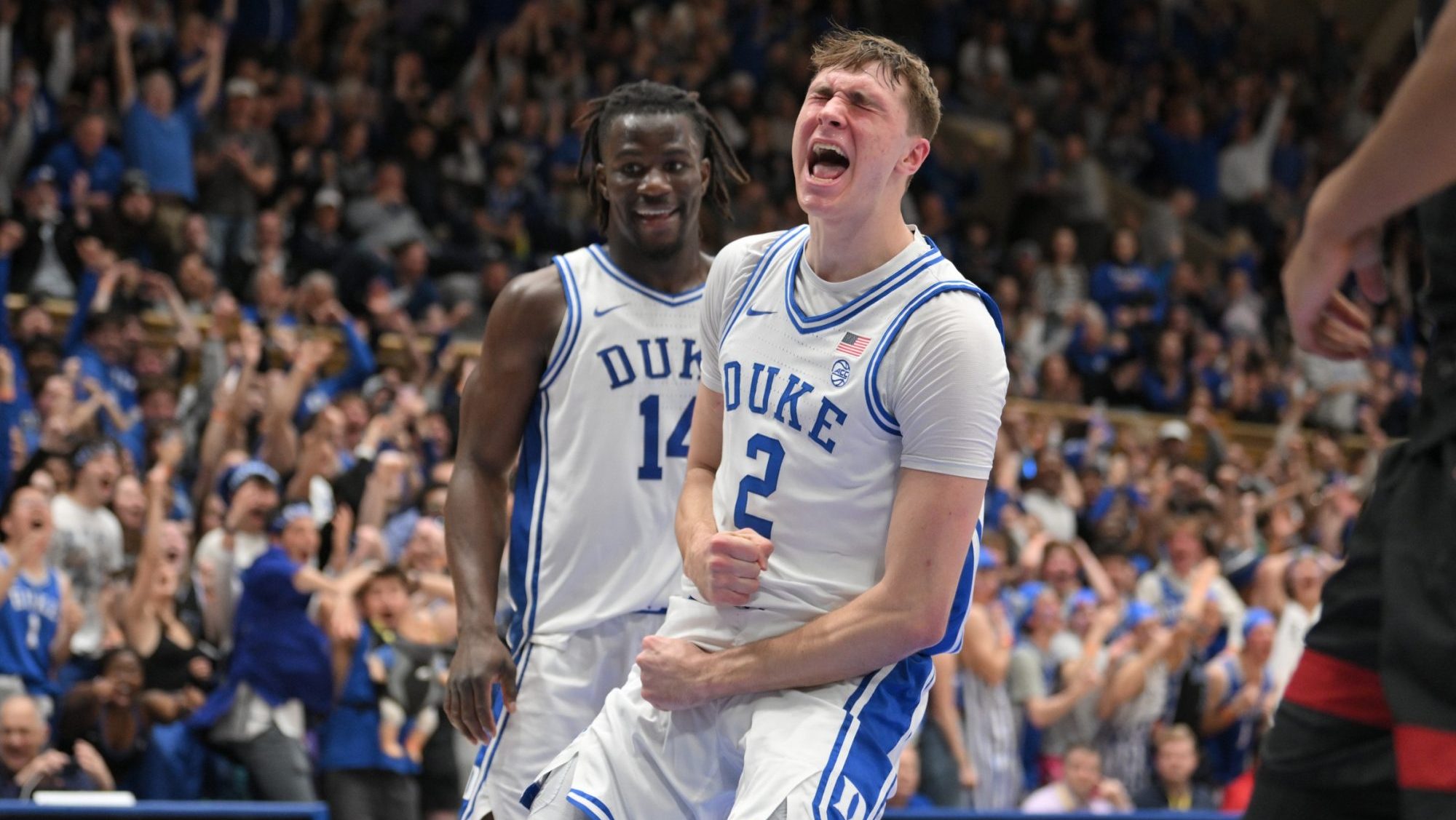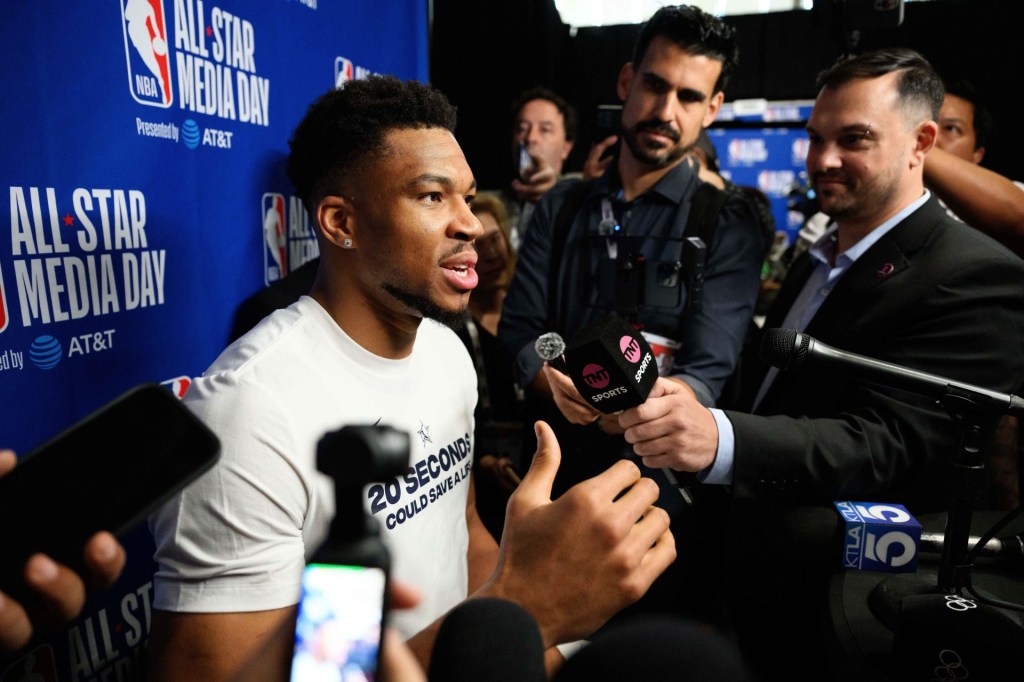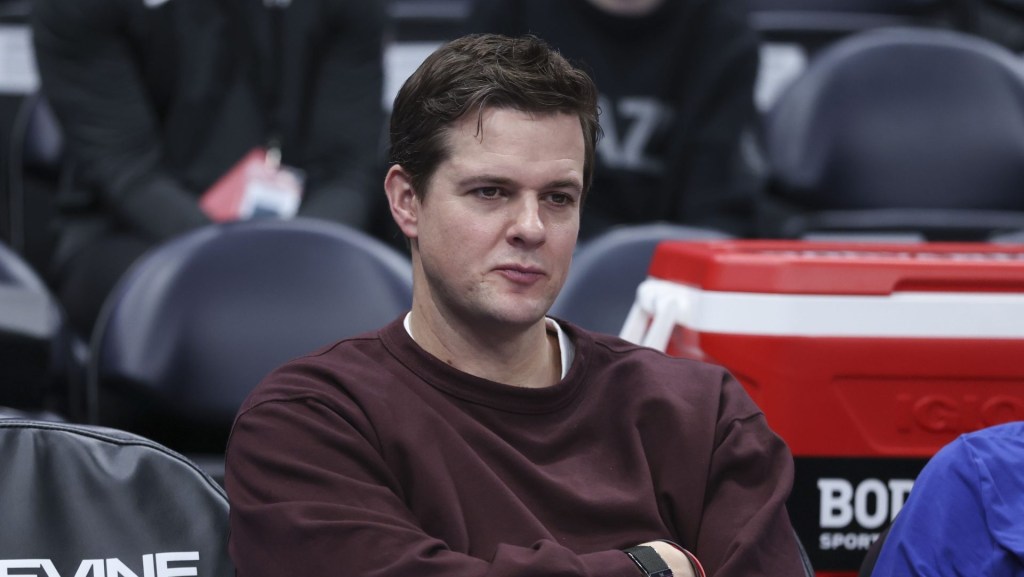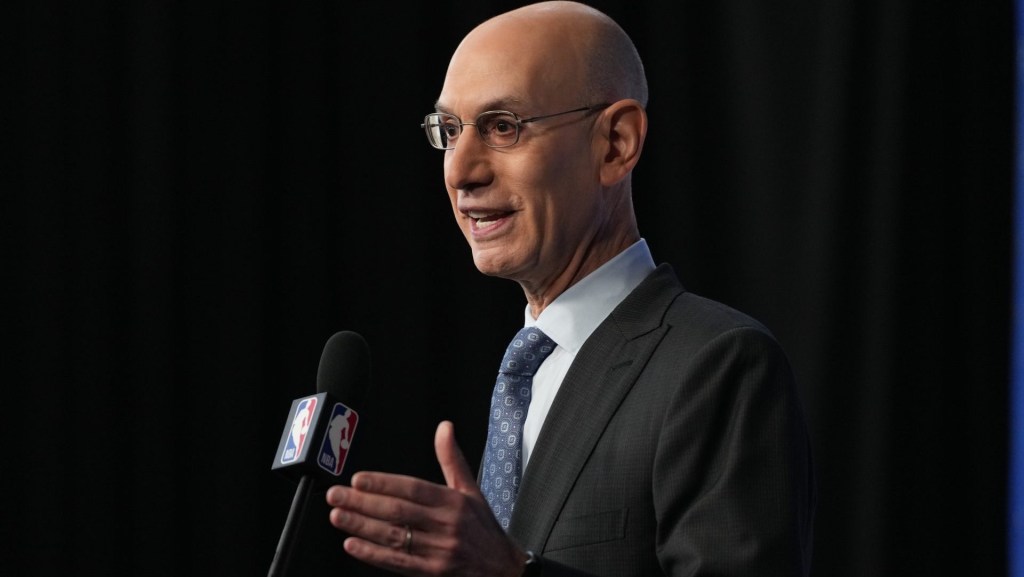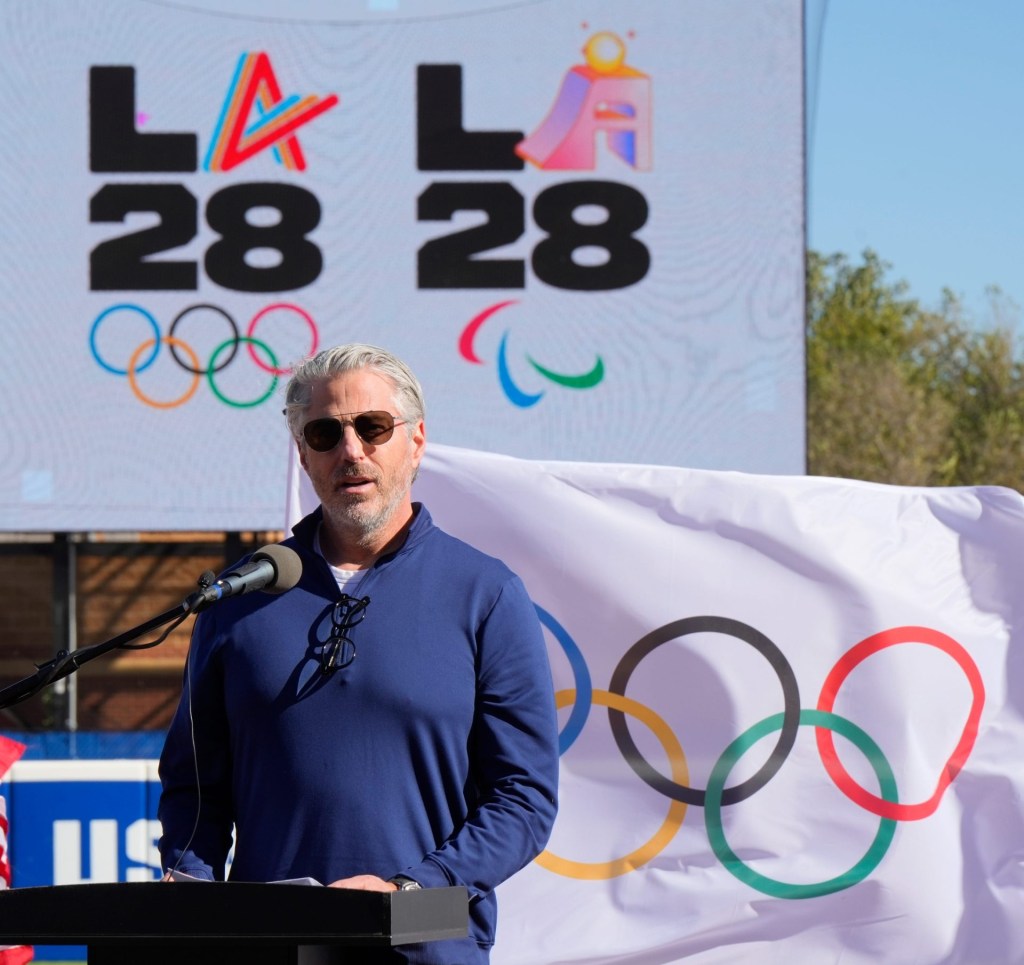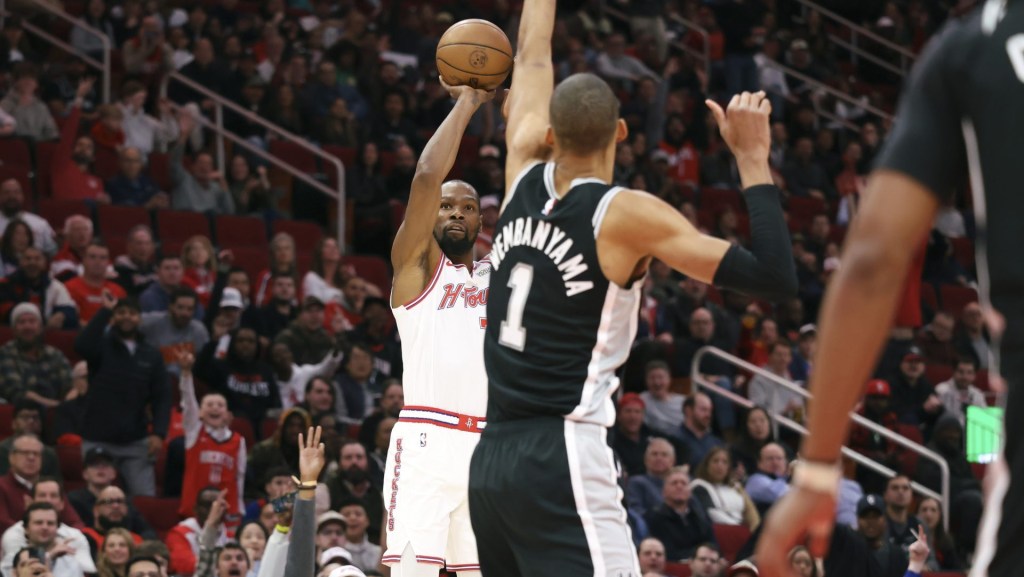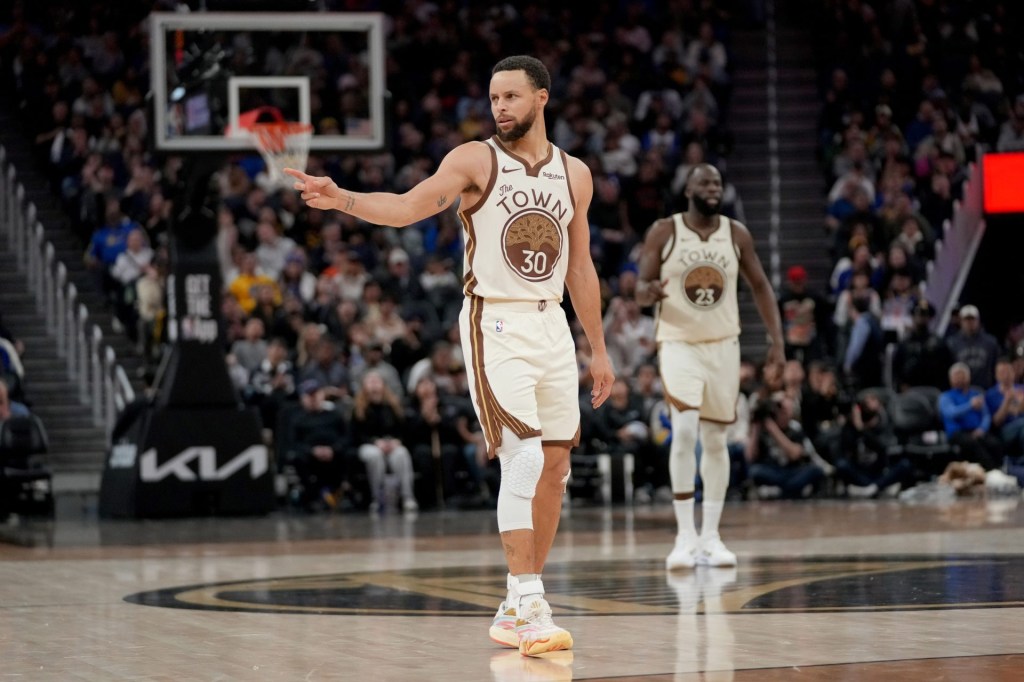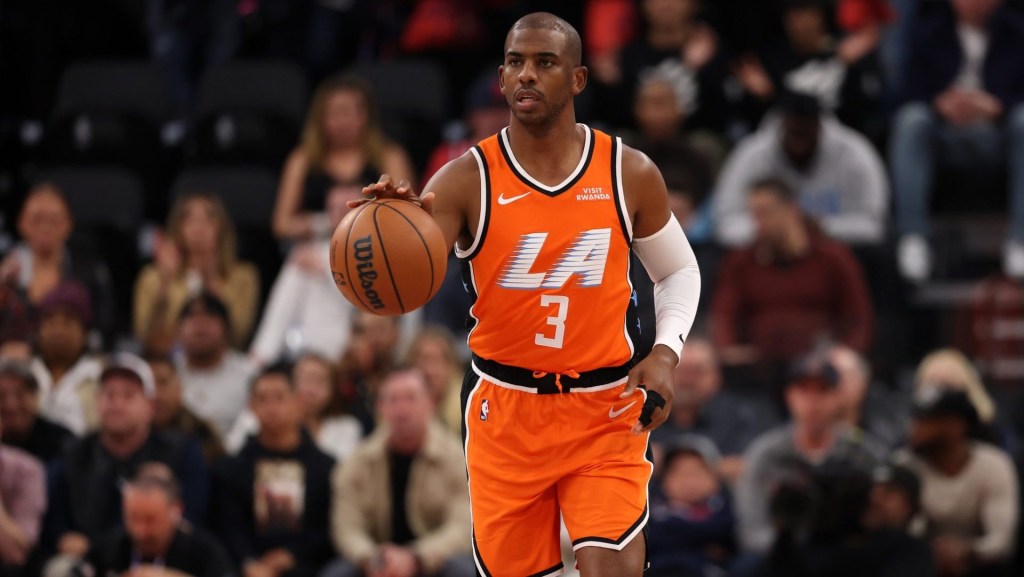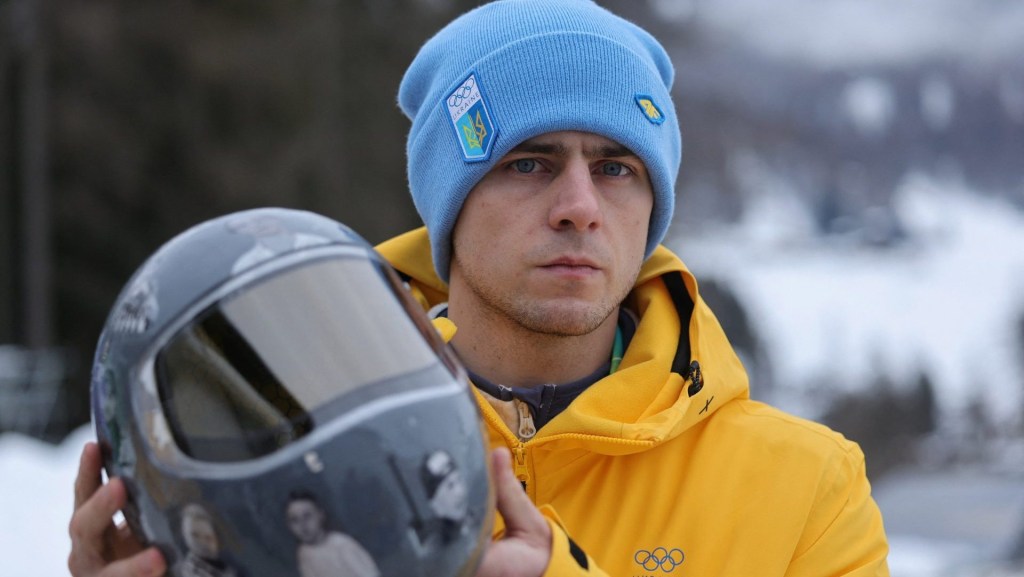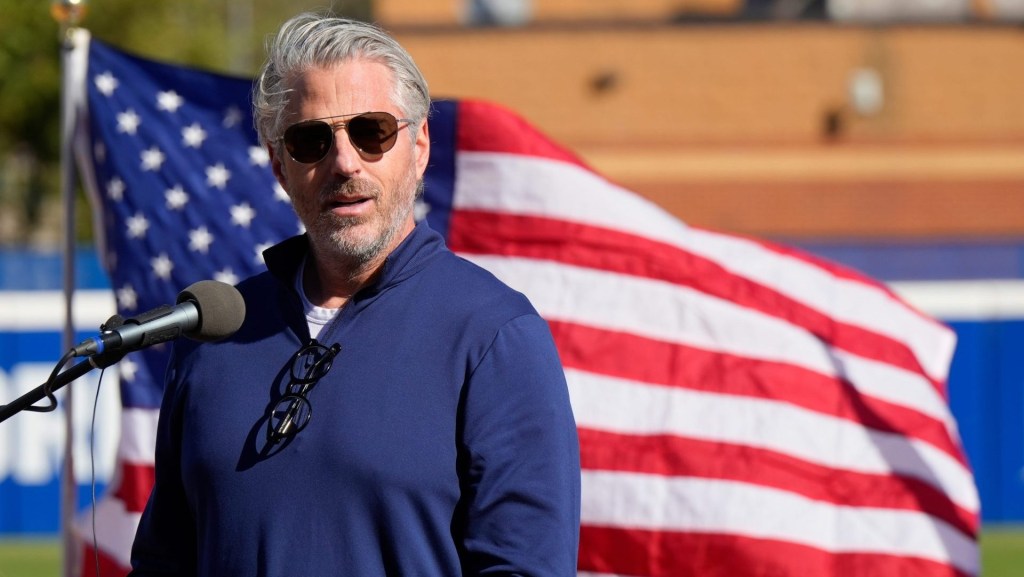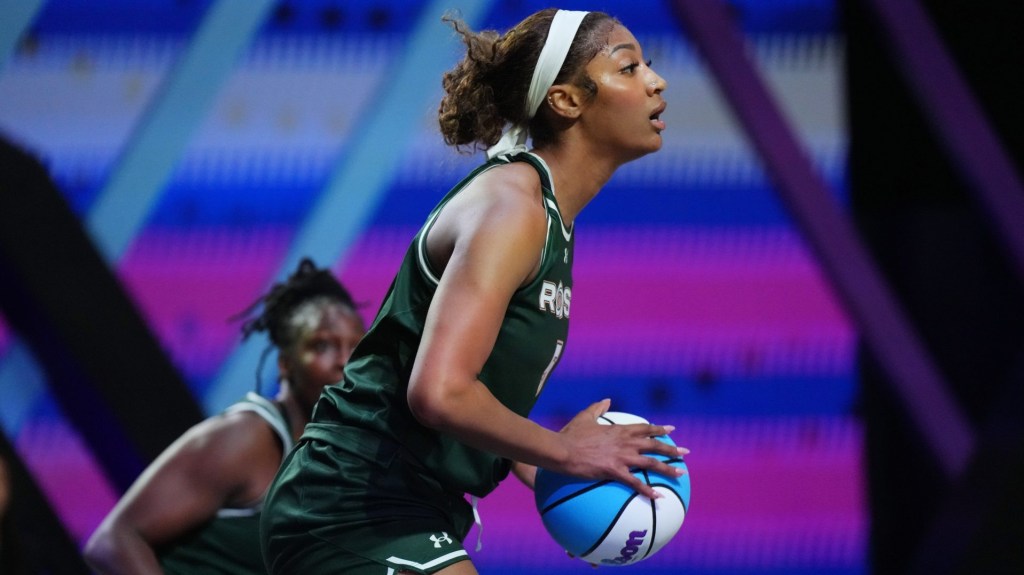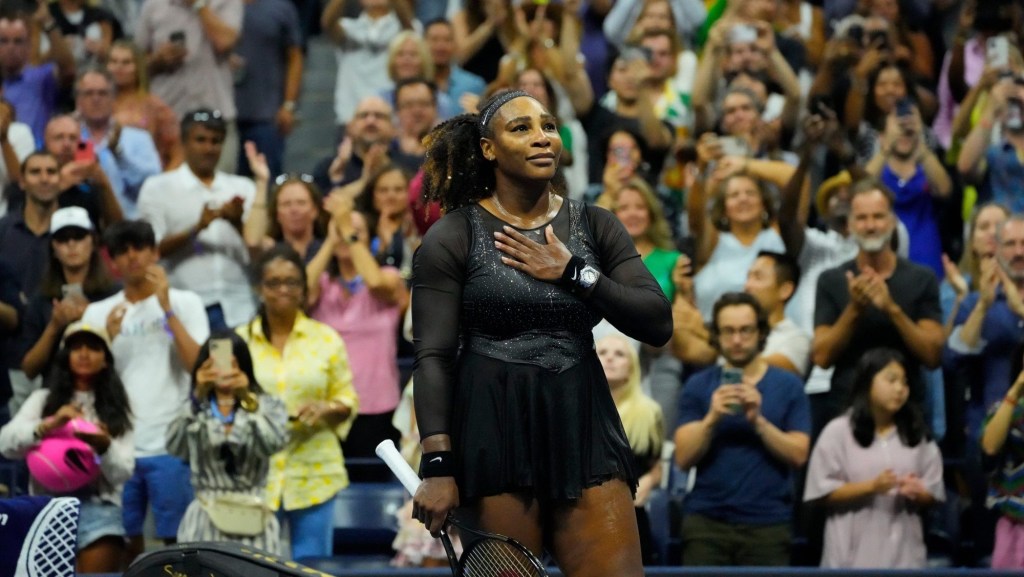NBA drafts are not made equal. This year, the winner of Monday’s draft lottery in Chicago will be rewarded with the right to select Cooper Flagg—the most hyped American prospect since Zion Williamson in 2019, and potentially as far back as Anthony Davis in 2012.
On the court, Flagg has the potential to change the trajectory of a cellar dweller (the Wizards, Jazz, and Nets, among others), revitalize a franchise looking to extend its contending window (Sixers, Mavericks), or catapult a team to new heights (Spurs, Rockets).
Securing Flagg also brings business benefits, starting with additional exposure through national TV games, especially after the Duke freshman showed in college that he attracts strong ratings. Four of the ten-most-watched NCAA men’s regular-season games this season featured Duke, while the Blue Devils’ Final Four loss to Houston drew 16 million viewers, the most-watched men’s NCAA game of any kind since the 2022 national championship. (It’s worth noting Duke is a ratings draw in and of itself.)
A Wemby-esque Effect
Flagg could catapult a team from zero national TV games to ten or more, a similar effect to 2023 No. 1 pick Victor Wembanyama. The Spurs went from one national TV game in the 2022–2023 season to 11 last year, Wembanyama’s rookie season.
That exposure manifested in other metrics during Wembanyama’s second season. The French star was the fourth-most-watched player on NBA social-media platforms, finished sixth in jersey sales, and the Spurs were ninth in the NBA among teams in merchandise sales. San Antonio was the only franchise in the top ten that did not qualify for the postseason (including the Play-In Tournament).
The three teams with the best odds to secure the 2025 No. 1 pick—Utah, Washington, and Charlotte—had one combined nationally televised game last year on ABC, ESPN, or TNT. (It was the Jazz against the Lakers on Feb. 10, which was flexed into ESPN’s schedule because it was Luka Dončić’s Los Angeles debut.)
New Orleans, which has the fourth-best lottery odds, played three national TV games—down from nearly 10 at the start of the year—after being flexed out of several games. Brooklyn (sixth-best odds) had one national TV game, and Toronto (seventh) had zero. Of the seven worst teams in the NBA last season, only Philadelphia, which came into the year with the eighth-best championship odds, had more than three national TV games.
